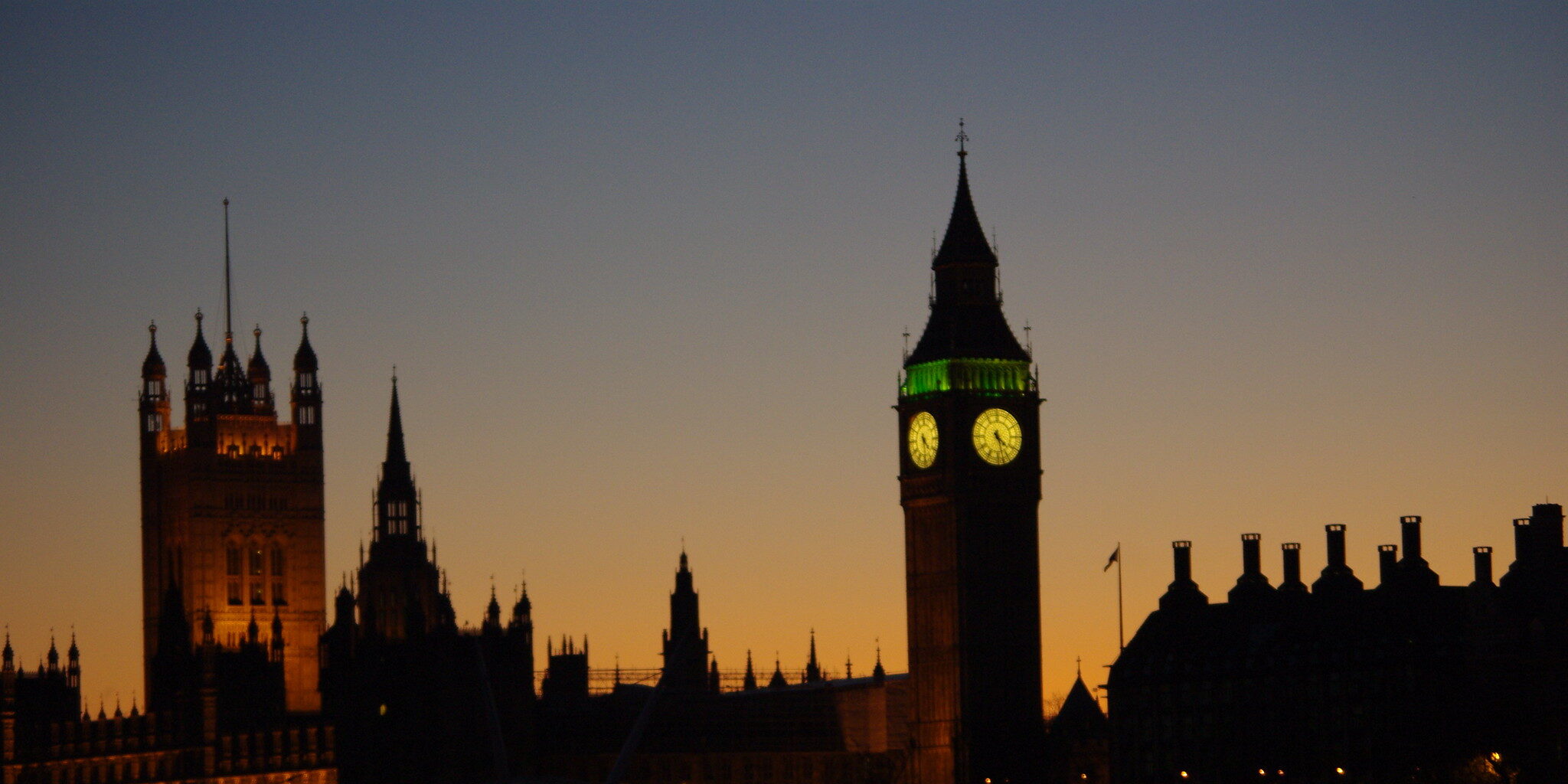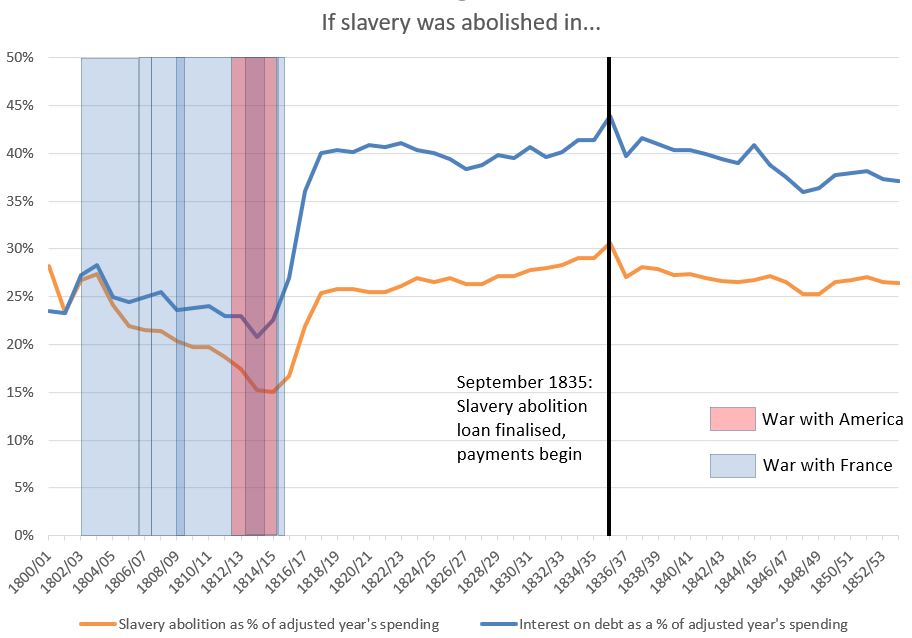Open borders won’t fix declining fertility.
Global fertility is plummeting, as are sperm counts. The populations of Spain and Japan are set to halve; nearly every country will begin to shrink. Researchers say we will have to totally reorganise society if we are to maintain order through this transition. This is not the introduction to the dystopian thriller ‘Children of Men’; it’s the BBC homepage today.
If you wanted proof of quite how far from normality it’s possible to stray within the bubble, our national broadcaster has decided that “in many ways, falling fertility rates are a success story”; more women in work has led to the self-destruction of society. Hurrah! Better still, it’s great for the environment: “a smaller population would reduce carbon emissions”. So all’s well that ends well.
Well, not quite. We’ll need people to pay tax to cover the health and care bills for a rapidly ageing population, but that’s fine; we can just increase immigration. And if populations are shrinking globally then as Professor Christopher Murray predicts, “we will go from the period where it’s a choice to open borders, or not, to frank competition for migrants”. We’ll just have to compete harder for the few young people out there willing to abandon their ageing parents to care for ours. This might seem morally less than ideal, but who am I to judge?
There are, however, two small flaws in this policy proposal. The first is that we will need massive amounts of immigration to offset the decline in birth rates. This will be available until that decline hits in the countries providing immigrants, at which point we will be left high and dry. We will then find that the core issue of reduced fertility will still need to be addressed.
The second problem is that it is difficult to imagine that such an agenda could be adopted without significant political turmoil. As David Frum writes, “when natives have lots of children of their own, immigrants look like reinforcements. When natives have few children, immigrants look like replacements”. Murray believes that as Africa will be the last continent to reach the transition to declining populations, “we will have many more people of African descent in many more countries”, which will in turn require “global recognition of the challenges around racism”. It’s a noble thought, complicated only slightly by the idea that an explicit policy of replacing the children who would have been born with migrants seems less likely to result in a final rejection of racism than a shift to outright ethnonationalism.
If massive demographic change is likely to be politically unpalatable, heighten existing intergroup tensions, create significant cultural changes, and not actually solve the long run problem, it’s just about possible that it would be better to look at tackling the causes of reduced fertility instead. If we don’t, then eventually there won’t be anyone to care about it anyway.
It’s not as if we face a totally inscrutable and insoluble problem either. The gap between intended and actual fertility — the number of children women want to have and the number of children they actually do have — is growing. In America, it’s reached its highest level in 30 years; women want 2.7 children, but have 1.8. Even in Europe, fertility intentions are safely at replacement level. There would be no problem if women could afford to have the sort of families they want to.
The issue is that they can’t. The reasons young people have fewer children than they wanted in America sounds suspiciously familiar to Europeans; 64% say childcare is too expensive. 49% are worried about the economy. 44% can’t afford more children. 43% waited because of financial instability. 39% didn’t get enough paid family leave, 38% got no paid family leave, 36% struggled with their work life balance, and so on. The top of the distribution was dominated by financial concerns.
There is a sort of blasé liberal response to plummeting fertility that views it as the consequence of women’s freely chosen decisions; liberated from the need to be ‘baby making machines’, they can take control of their own fertility and lead the lives they want to. What seems to be happening in reality is that women have been freed to become GDP making machines, regardless of what they would actually like to do. This is not in any sense to say that ‘women belong at home’ or ‘women shouldn’t work’; it’s saying that we have simply exchanged one restriction on what women can do for another.
In a fundamental clash between the world of work and what humans actually are, it’s inevitable that business interests will look to find a way out of having to change. The constant demand for more immigration is a way to kick the can down the road; 40 hours per week from both sexes on stagnant real wages is a wonderful deal for the bottom line. What’s particularly interesting is that the defence of this deal — one which suits the rich perfectly well — should be so fierce on the part of the left.
Traditionally, the left understood far better than the right that leaving the free market to dictate the terms upon which workers live their lives would result in less than ideal outcomes. We have pretty good evidence that it is the current social and economic order that’s giving rise to these problems. In Korea, poor work life balance, higher educational requirements for employment, and low income are driving delays (which become decreases) in fertility. We can add to those problems the strain within the housing system; higher rents significantly reduce the fertility of those renting. A generation priced out of the stability of homeownership is unlikely to fix a long term decline in fertility. Amusingly, this in turn suggests that short term attempts to plug the gap through migration may actually make the problem worse by propping up house prices.
Getting out of the trap set by the modern economy is not something that an individual can do alone. A small number of employers set a norm of the 40 hour week, which in turn becomes the basis for house prices, which become mortgage payments and rents, which are then locked in contractually. Attempting to find both the time and financial stability to raise a family becomes a distinct challenge. If we’re going to find a lasting solution — and I submit that we probably should want to, if we don’t want an awkward and highly embarrassing extinction event to eternally shame our species — then it will have to be one that everyone can coordinate on. And that in turn will probably require government action.
A recent European Commission evaluation of Hungarian family policy suggests a few obvious ways to pick things up. Employment, subsistence, and housing are the most important factors determining fertility. Making homes affordable to families, making sure that work pays a living wage, offering the option of part-time work or reliable childcare are all ways to start making small differences.
France, meanwhile, has managed to attain something close to replacement. While high fertility among immigrants does add something of a bump to these figures, the main driving force is high fertility among French-born women. French policies – generous parental leave in terms of both pay and time, cash bonuses to larger families, free preschool for children over 3, high availability of part-time work. Oh. And the entitlement for both parents to take 36 months off unpaid (with state support) or part-time to raise their child until they hit that preschool age. Alongside time and money, the availability of childcare seems to be one of the biggest factors determining fertility. France ticks all three boxes.
Finding a way to make the population self-sustaining does not have to be an impossible challenge, or a grand re-ordering of the economic system. Generous (but ultimately fairly small) tweaks to the rules governing employment can make things work for us without the political turmoil of near open borders.










